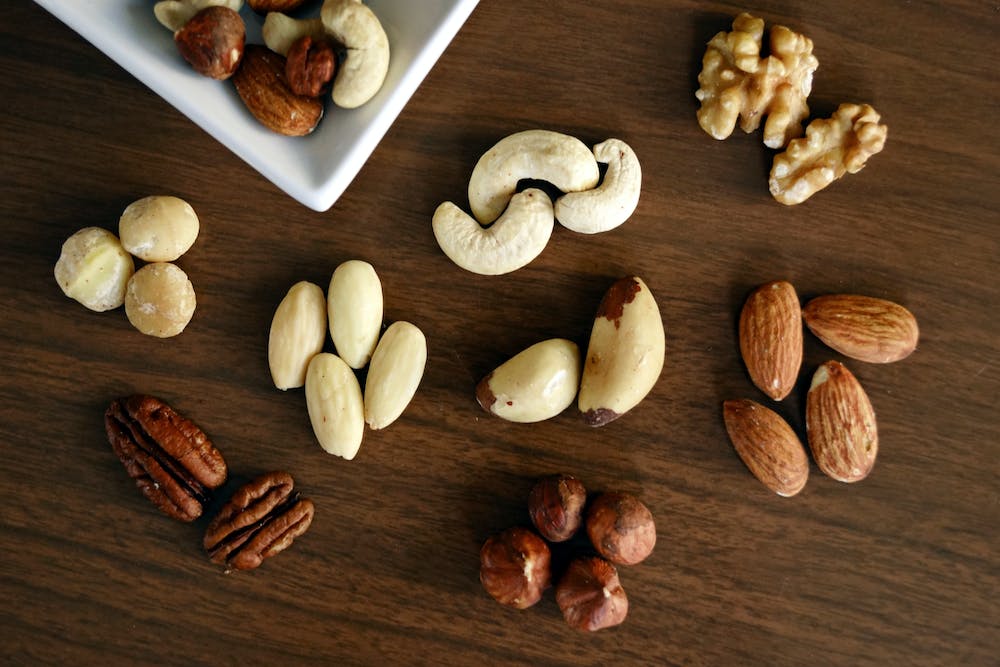Postpartum Nutrition: Recovery and Optimal Health for New Mothers
 Congratulations on your new bundle of joy! You have just gone through an amazing and challenging experience of giving birth, and now you deserve to take good care of yourself and your baby. One of the most important aspects of postpartum care is nutrition. Eating well after delivery can help you heal faster, boost your energy, support your breastfeeding, and prevent postpartum depression. In this blog post, we will share some tips and advice on how to eat well for your postpartum recovery and optimal health.
Congratulations on your new bundle of joy! You have just gone through an amazing and challenging experience of giving birth, and now you deserve to take good care of yourself and your baby. One of the most important aspects of postpartum care is nutrition. Eating well after delivery can help you heal faster, boost your energy, support your breastfeeding, and prevent postpartum depression. In this blog post, we will share some tips and advice on how to eat well for your postpartum recovery and optimal health.
 What to eat after delivery
What to eat after delivery
The first six weeks after delivery are crucial for your healing and recovery. During this time, you need to replenish your blood loss, repair your tissues, and restore your hormonal balance. You also need to provide enough nutrients and calories for your breast milk production if you are breastfeeding. Here are some general guidelines on what to eat after delivery:
 – Eat a balanced diet that includes a variety of foods from all the food groups: grains, fruits, vegetables, protein, dairy, and healthy fats. Aim for at least three meals and two snacks per day.
– Eat a balanced diet that includes a variety of foods from all the food groups: grains, fruits, vegetables, protein, dairy, and healthy fats. Aim for at least three meals and two snacks per day.
– Choose nutrient-dense foods that are rich in iron, protein, calcium, vitamin C, and omega-3 fatty acids. These nutrients are essential for your healing and immunity. Some examples are lean meats, eggs, beans, nuts, seeds, leafy greens, citrus fruits, berries, yogurt, cheese, milk, salmon, sardines, and flaxseeds.
– Drink plenty of fluids to stay hydrated and prevent constipation. Water is the best choice, but you can also drink milk, juice, herbal teas, soups, and broths. Avoid caffeinated drinks, alcohol, and sugary drinks as they can dehydrate you and affect your mood and sleep quality.
– Limit or avoid processed foods, refined sugars, salt, and saturated fats. These foods can increase inflammation, slow down your healing, and contribute to weight gain and mood swings. Some examples are chips, cookies, cakes, candy, soda, fast food, fried food, butter, margarine, and fatty meats.
– Listen to your body and eat according to your hunger and fullness cues. Don’t restrict your calories or follow a strict diet as this can harm your health and milk supply. Don’t overeat or binge as this can lead to weight gain and digestive issues. Eat slowly and mindfully and enjoy your food.






